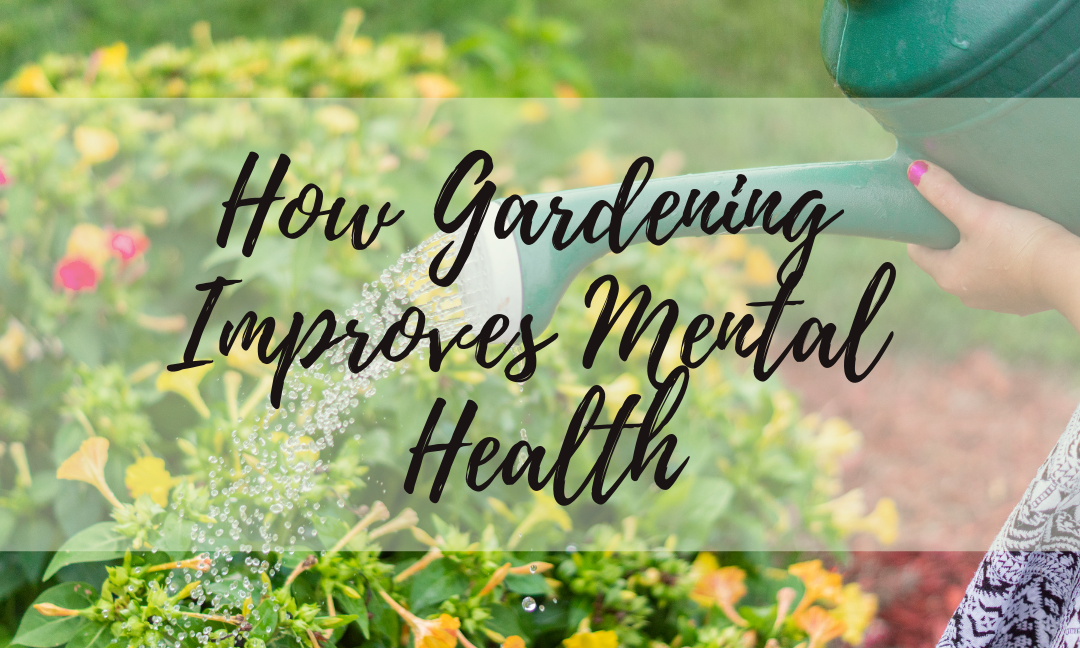Written by: Fatimah Gomez
In today’s time of COVID-19 and isolation, moods have dipped for many, stresses levels have rocketed and many Canadian have been left feeling anxious and fearful of what these difficult times are going to bring next. In the sixth and latest poll conducted by Mental Health Research Canada, it was found that “28% of Canadians reporting high levels of anxiety and 17% reporting high levels of depression” during the month of April. However, many Canadians, specifically, “two-thirds (69%)” of the population are also finding ways to stand resilient and optimistic for better times coming! How do we combat mental health struggles and improve our moods during a time where we don’t even leave our homes much? Such an answer is taking to the work of gardening!
When we get ourselves nice and dirty in garden work such as clearing weeds, hoeing soil, removing natural debris, planting new seeds, daily watering, tending to flowers and delicate plants, our bodies get physically active to release stress hormones such as cortisol and adrenaline. Endorphins are produced, which are “the body’s natural painkillers and mood elevators” (Harvard Health). Also, serotonin levels are increased, which are neurotransmitters that act to regulate our moods and make us feel happier. Getting out in the sun while in your garden weeding the vegetable patch or tending to the flowers in the front gives you your daily dose of Vitamin D and according to the London Royal College of Physicians, “lowers blood pressure”. Gardening encourages the aspect of recycling, reusing and finding creative ways to eat and live sustainably, such as using compost scraps for a worm farm, recycling plastic soda bottles for indoor plants or even finding ways to use old furniture for plant pots!
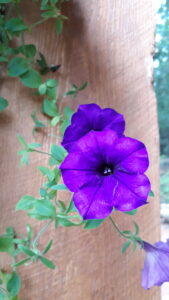
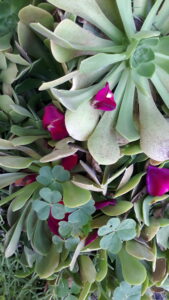
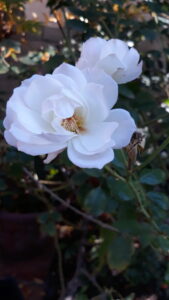
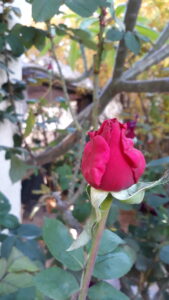
Learning gardening as a new skill gives a sense of accomplishment and self-esteem. For some of us who find it hard to get out of the bed during the low days, we can find a source of satisfaction in watching our hard work and efforts bear their fruits with pink petals and green levels bursting forth from damp soil. Caring for your own plants delivers a deep feeling of responsibility and happiness. It can be a way of therapy to an individual and connection with the land. With Indigenous people, many of their generations have lived with the understanding that the land is a sacred element of this life and many Indigenous cultures and practices are set in the idea of living in harmony with the land that surrounds us. Recently I read the beautifully crafted novel Medicine Walk by Richard Wagamese, late Ojibway storyteller of B.C., and in this book the main character stated, “everything a guy would need is here [in nature] if you want it and know how to look for it… You gotta spend time gatherin’ what you need. What you need to keep you strong. [It’s called] a medicine walk” (Wagamese pg. 65). Clearly, a connection with nature and gardens around us a key to well-being and strength. There is a sense of relaxation and ease that we humans find when we are present in natural environments and are able to engage ourselves with all of our five senses.
So, the next time you have a bit of time on your hands, want to get out of the house, or simply wish to enjoy the warm feeling of golden sunlight on your face, consider working on your garden, too! Whether that be choosing which seeds you’d like to start off with, clearing away the weeds in the front yard, or tending to the flowers you’re so proud of, keep in mind that you’re doing good for your body and mind, too. Best of luck on your gardening journey!
Resources
Harvard Health. (2020, July 7). Exercising to relax. https://www.health.harvard.edu/staying healthy/exercising-to-relax
London Royal College of Physicians. (2018, June). Gardening for health: A regular dose of gardening. Clinical Medicine. https://doi.org/10.7861/clinmedicine.18-3-201
Mental Health Research Canada. (n.d.). Findings of Poll 6. Retrieved June 6, 2021, from https://www.mhrc.ca/national-poll-covid/findings-of-poll-6
Wagamese, R. (2016). Medicine Walk (Reprint ed.). Milkweed Editions.

